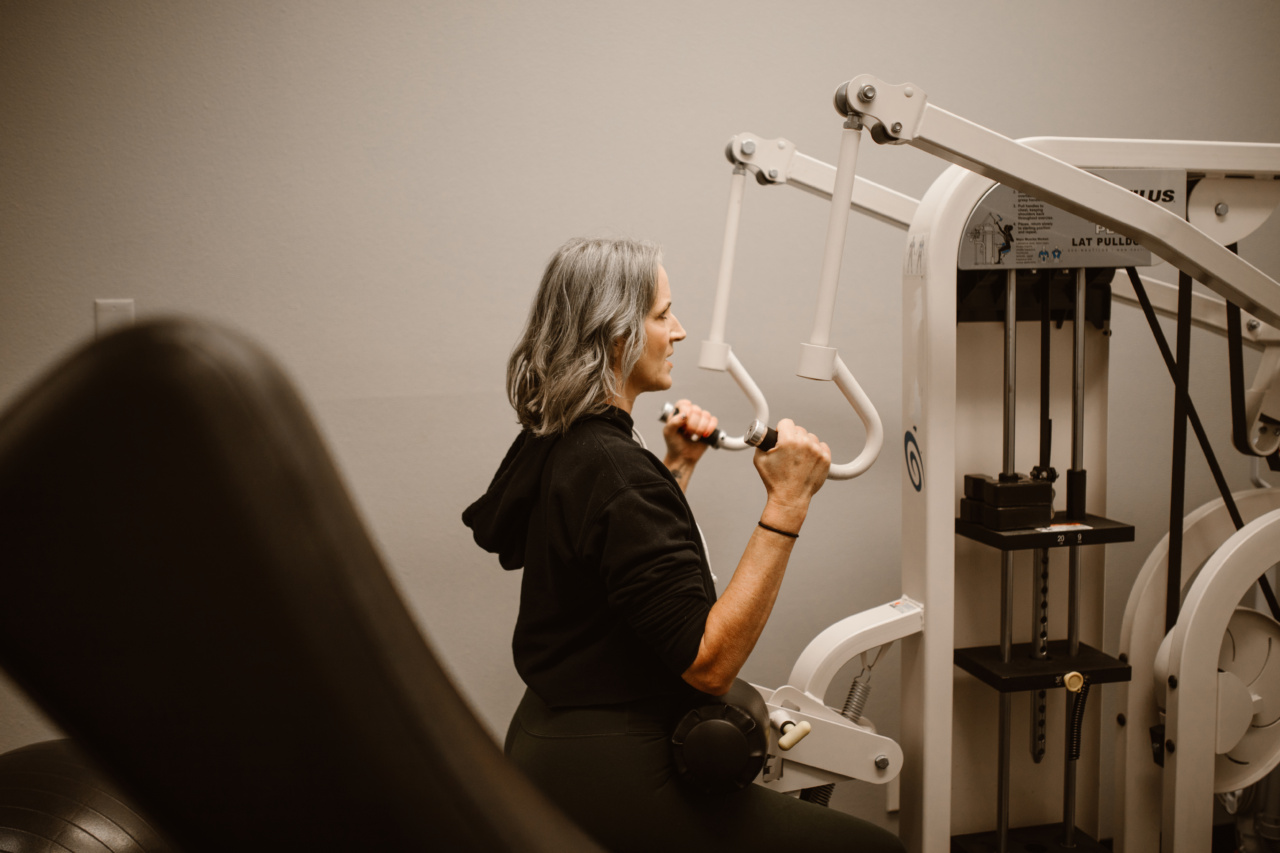Menopause is a natural part of a woman’s life that signifies the end of reproductive ability. It is a complex process that brings a range of physical and emotional changes.
Menopause symptoms typically last between two and ten years and can be frustrating, uncomfortable, and overwhelming. Symptoms range from hot flashes, night sweats, vaginal dryness, low libido, mood swings, and irritability.
Hormone replacement therapy (HRT) is one common method of treatment, but there are natural, more holistic options that can help relieve menopause symptoms.
1. Cooling Techniques
Hot flashes and night sweats are common symptoms of menopause. Cooling techniques like dressing in layers, keeping a fan nearby, and taking cold showers can help relieve the discomfort.
Drinking ice-cold water or applying a cold compress to the neck and chest area can also help.
2. Exercise and Physical Activities
Exercise has many benefits. For menopausal women, regular exercise can help improve mood, reduce stress, and mitigate the risk of osteoporosis and heart disease.
Physical activities, such as yoga and Pilates, can provide similar benefits and also help regulate breathing and reduce hot flashes.
3. Mindfulness and Meditation
Mindfulness and meditation techniques can help women calm their minds and alleviate stress and anxiety. This can significantly improve mental health during menopause.
Taking part in mindfulness and meditation classes or using self-help resources can be useful.
4. Herbal Supplements and Vitamins
Herbal supplements like red clover, black cohosh, and soy contain natural compounds that can help ease menopause symptoms. Research indicates taking vitamins and minerals like vitamin E, calcium, and magnesium may also alleviate symptoms.
Always consult a healthcare professional before taking supplements.
5. Acupuncture
Acupuncture is a traditional Chinese medicine practice that uses small needles to stimulate pressure points in the body. It can help reduce hot flashes and night sweats by regulating hormone levels. It also relieves stress and anxiety.
6. Stress Management Techniques
Stress is a major factor in the intensity of menopause symptoms. Stress management techniques like deep breathing, progressive muscle relaxation, and visualization techniques can help reduce stress levels and keep symptoms under control.
7. Healthy Diet
A healthy diet is essential for good mental and physical health. During menopause, the right diet can help alleviate symptoms. A balanced diet that includes plenty of fruits and vegetables and low-fat proteins is optimal.
Avoiding caffeine, alcohol, and spicy foods can also alleviate hot flashes.
8. Talk to a Healthcare Professional
Menopause affects every woman differently. Talking to a healthcare professional can help determine the severity and the best course of action. Treatment options may include hormone replacement therapy or other medical interventions.































